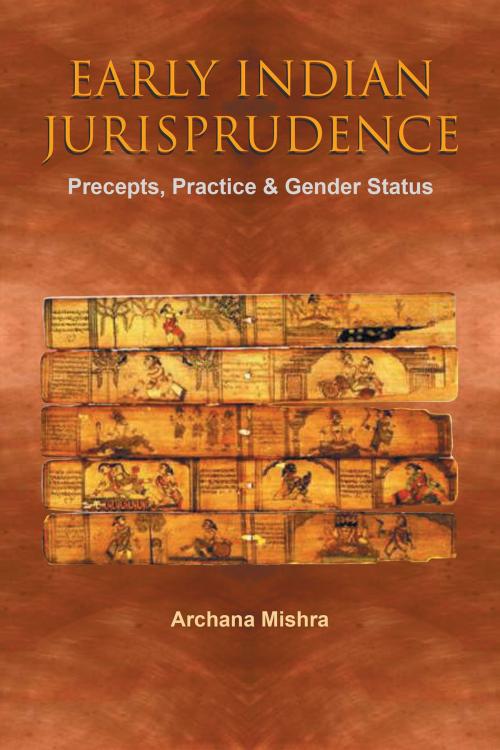Early Indian Jurisprudence
Precepts, Practice & Gender Status
Nonfiction, Reference & Language, Law, Jurisprudence| Author: | Archana Mishra | ISBN: | 9781482868418 |
| Publisher: | Partridge Publishing India | Publication: | May 31, 2016 |
| Imprint: | Partridge Publishing India | Language: | English |
| Author: | Archana Mishra |
| ISBN: | 9781482868418 |
| Publisher: | Partridge Publishing India |
| Publication: | May 31, 2016 |
| Imprint: | Partridge Publishing India |
| Language: | English |
Law and justice must qualitatively evolve in order to provide for a society, which is less fragile in terms of stability and is able to address dissent, where multiple identities constantly compete for assertion and legitimisation. Neither good laws alone can ensure good justice, nor can justice be achieved without good laws. Does this imply that ensuring justice requires introspection beyond the existent laws or the legal set up? Rather than leaving the task of making laws to the legislature in a modern liberal state, should lawmaking be more of a collective and thoughtful exercise of the civil society? Can self conscientiousness and collective commitment ever converge to improve our existence? Early India had a philosophy of Dharma or righteousness, which provoked critical thinking on the laws in the social context, then existent. Can it be relooked at in the present context? With these searching questions in mind, this book on Early India by Dr. Mishra explores- the symbiotic relationship between Dharma and Law the pivotal role assigned to the State and the King in the dispensation of justice how popular aspirations in Law were taken into account through an Ombudsman and how these were approved by the state to legitimise the demands of the people how eventually State law, under the influence of reformist religions, pioneered the idea of secular law, as early as under King Ashoka and the traces of aspirational thinking, aiming to achieve an ideal society, as seen in the coexistence of Dharma precepts and the elements of pure law
Law and justice must qualitatively evolve in order to provide for a society, which is less fragile in terms of stability and is able to address dissent, where multiple identities constantly compete for assertion and legitimisation. Neither good laws alone can ensure good justice, nor can justice be achieved without good laws. Does this imply that ensuring justice requires introspection beyond the existent laws or the legal set up? Rather than leaving the task of making laws to the legislature in a modern liberal state, should lawmaking be more of a collective and thoughtful exercise of the civil society? Can self conscientiousness and collective commitment ever converge to improve our existence? Early India had a philosophy of Dharma or righteousness, which provoked critical thinking on the laws in the social context, then existent. Can it be relooked at in the present context? With these searching questions in mind, this book on Early India by Dr. Mishra explores- the symbiotic relationship between Dharma and Law the pivotal role assigned to the State and the King in the dispensation of justice how popular aspirations in Law were taken into account through an Ombudsman and how these were approved by the state to legitimise the demands of the people how eventually State law, under the influence of reformist religions, pioneered the idea of secular law, as early as under King Ashoka and the traces of aspirational thinking, aiming to achieve an ideal society, as seen in the coexistence of Dharma precepts and the elements of pure law















